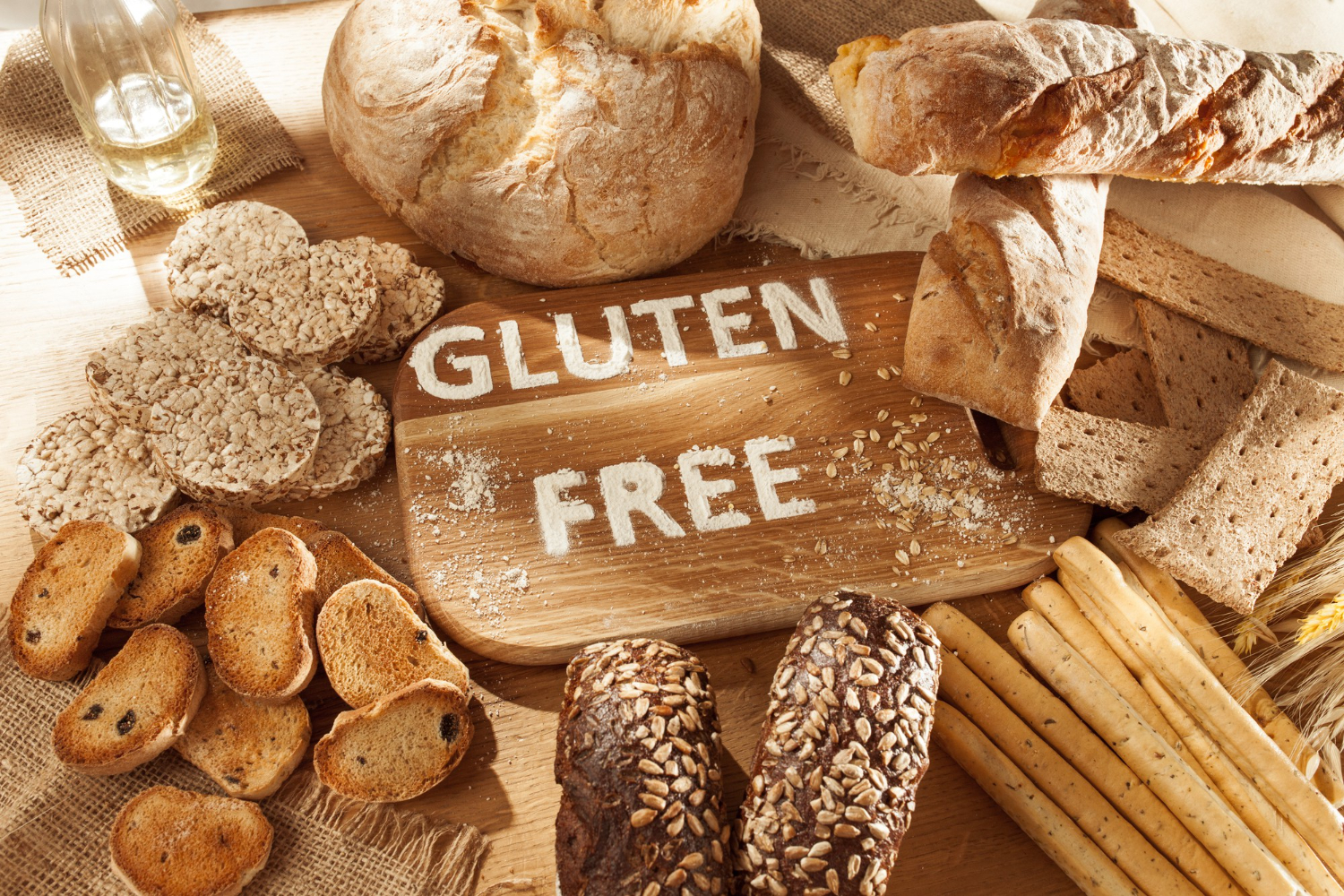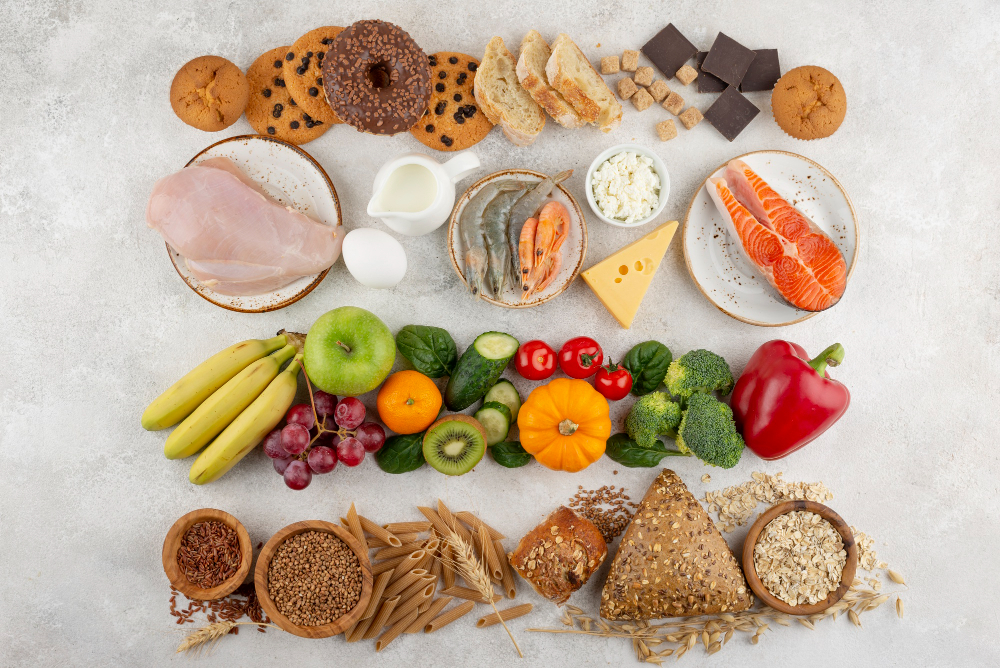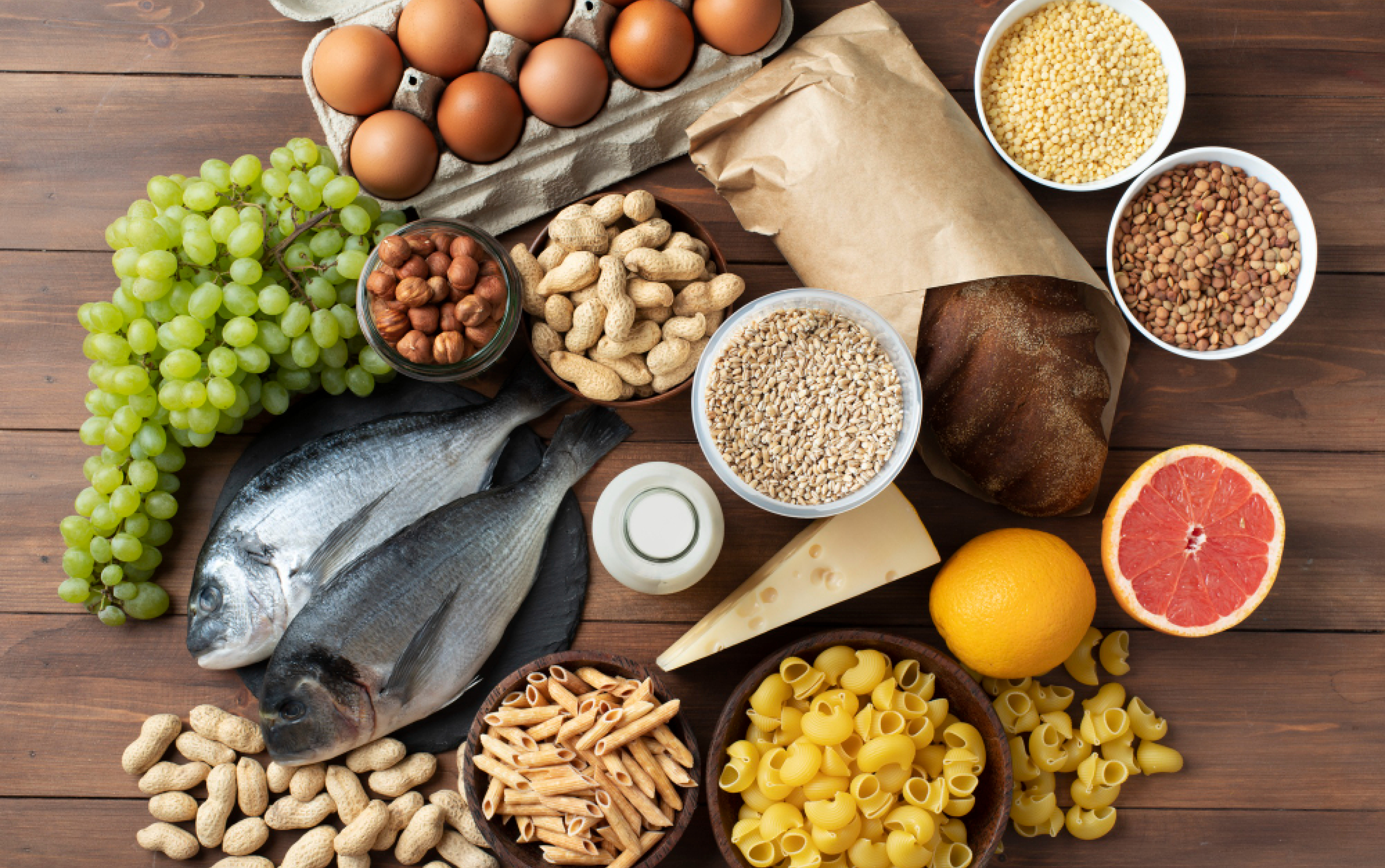Gluten
The number of people experiencing health issues due to gluten consumption is increasing. They often face uncomfortable symptoms and even life-threatening complications, sometimes requiring a complete dietary overhaul for the entire family. This site serves as a true guide for anyone interested in the topic: it provides a definition of gluten, explains the related diseases, and details the diagnostic process. It also offers treatment recommendations and alternative dietary options, with helpful tips for children, teenagers, adults, seniors, and pregnant women, teaching them to read labels and recognize hidden gluten sources. Additionally, it includes practical information for organizing gluten-free cooking.

Awareness and education

Tips

Restrictions/alternatives

What is gluten?

What is celiac?
Recipes and solutions

Kitchen pharmacy

Various dishes

Alternatives to processed foods

Baked goods and desserts
General guidelines
– Avoid preparing foods containing wheat or its derivatives when making meals for someone with celiac disease, as even a small amount can be harmful.
– Ensure that the utensils used for food preparation are not contaminated with gluten.
– Take care to keep utensils designated for the celiac patient free from any potential contamination. Assign specific utensils for the individual with wheat allergy.
– When eating out, pay close attention to the dishes being served.
– If a child has a wheat allergy, inform the school and ensure they are provided with gluten-free meals.
– Verify that foods purchased are labeled “gluten-free” rather than just “wheat-free.”
– Carefully read the contents of medications and toothpaste, as gluten may be present in some of them.
– Check the ingredients on lip balm, as it may contain small amounts of gluten.

